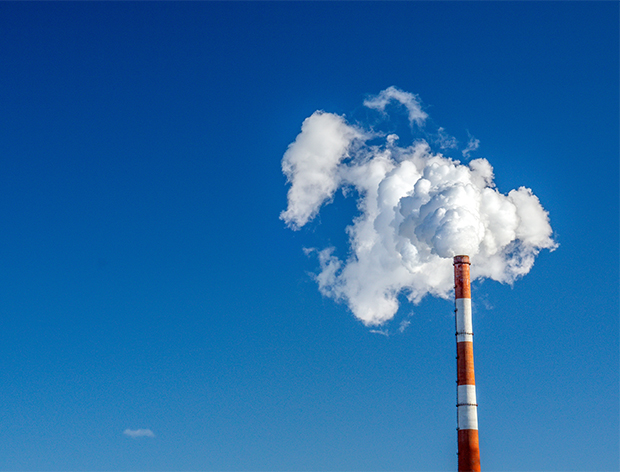The climate policy of Germany’s export credit agency (ECA) Euler Hermes will see the country backtrack on its pledge to end international fossil fuel financing by the end of 2022, NGO Oil Change International claims.
According to a draft policy, the ECA intends to continue providing export credit guarantees for certain projects involving oil and gas fields, gas pipelines and infrastructure, which would contravene Germany’s commitment made during 2021’s Cop26 to end public finance for unabated fossil fuel projects.
Oil Change International says the proposed policy will “continue multi-billion overseas fossil fuel finance and break a major international climate promise”.
The current draft permits public financing for the development of new gas projects, including transportation and storage facilities, until the end of 2025, provided they are deemed necessary for national or geostrategic security – a concern rooted in the food and energy crisis triggered by Russia’s invasion of Ukraine.
The maintenance of existing gas production projects will also be allowed to continue until the end of 2025 for industrialised countries or the end of 2029 for developing countries.
Oil production that uses routine venting and flaring – a practice in which the gas released during the oil drilling process is burned off – is excluded, however, as is the extraction, processing, transportation, storage or conversion of petroleum and its derivatives into electricity.
The draft policy states that all projects must be compatible with a 1.5°C warming limit, aligning with the Cop26 pledge that financing of fossil fuels is only reserved for “limited and clearly defined circumstances that are consistent with a 1.5°C warming limit and the goals of the Paris Agreement”.
However, critics argue that the policy contradicts the International Energy Agency’s pathway for net-zero emissions by 2050, which stipulates that no new oil and gas fields should be developed due to the risks of creating stranded assets or exceeding the 1.5°C target.
“This policy is anti-science – it runs against everything that the world’s scientists are telling us,” says Adam McGibbon, Oil Change International’s public finance strategist.
“No new fossil fuel infrastructure can be built if the world is to meet climate targets, and yet this policy keeps German public finance flowing to new fossil fuel infrastructure.”
“It is terrible timing to release this weak policy in the midst of climate disasters across the globe,” adds Regine Richter, energy and finance campaigner at non-profit environmental organisation Urgewald.
“It sends the message to international negotiators and civil society that energy security and German companies’ business interests override climate protection and undermines whatever climate credibility is left for German negotiators,” Richter says.
The policy is out for consultation with business associations, trade unions and NGOs for the next four weeks, starting from today, with the guidelines due to become binding in this year’s fourth quarter.
The German ministry for economic affairs and climate action, which oversees Germany’s export credit guarantee programme, did not respond to GTR’s request for comment.
Germany is one of 39 governments and public finance institutions that committed to publishing plans to end the financing of polluting energy sources by the end of 2022.
While the UK, Canada, France, Denmark, Sweden, Finland and New Zealand have all met the target, some countries have lagged behind.
Italy, the US and Portugal failed to publish their transition plans on time, and Italy has since revealed it has watered down its commitment.
The Export-Import Bank of the United States has also come under fire from environmental NGOs for backing the expansion of an Indonesian oil refinery, which was cited as an example of it reneging on its Cop26 pledge.
According to Oil Change International’s public finance for energy database, the G20 countries and major multilateral development banks “provided at least US$55bn per year in international public finance for oil, gas and coal projects between 2019 and 2021”, almost twice as much as their support for renewable energy.
The NGO, which campaigns for an end to public financing for oil, gas and coal, says that Euler Hermes pumped US$6.6bn into fossil fuels between 2018 and 2021, versus US$2.9bn in clean energy.
In December 2022, a question raised in the German Parliament revealed that Euler Hermes was considering 10 large international fossil fuel projects worth €1bn, including projects in Brazil, Iraq and the Dominican Republic.






